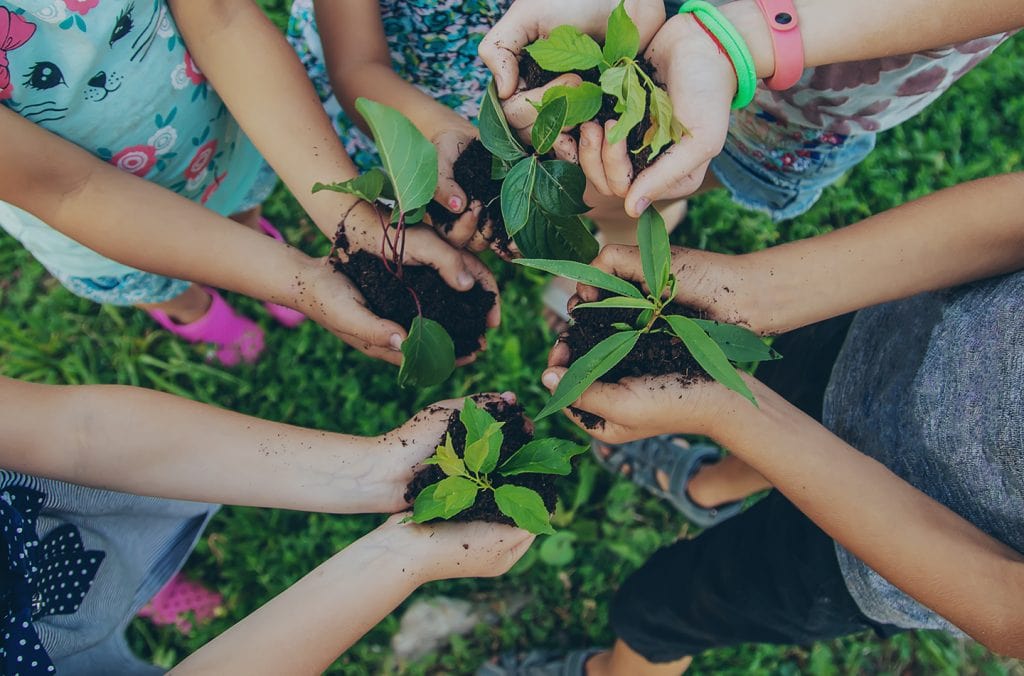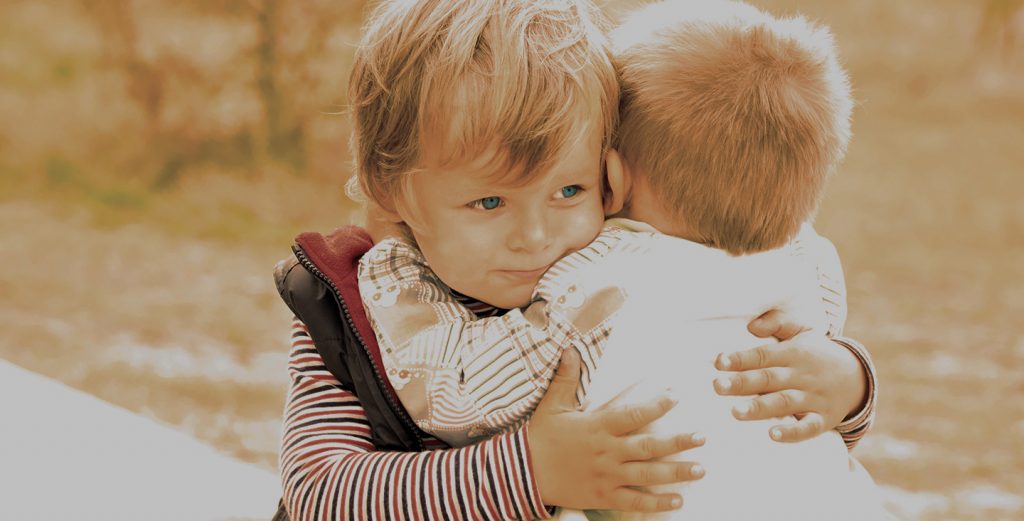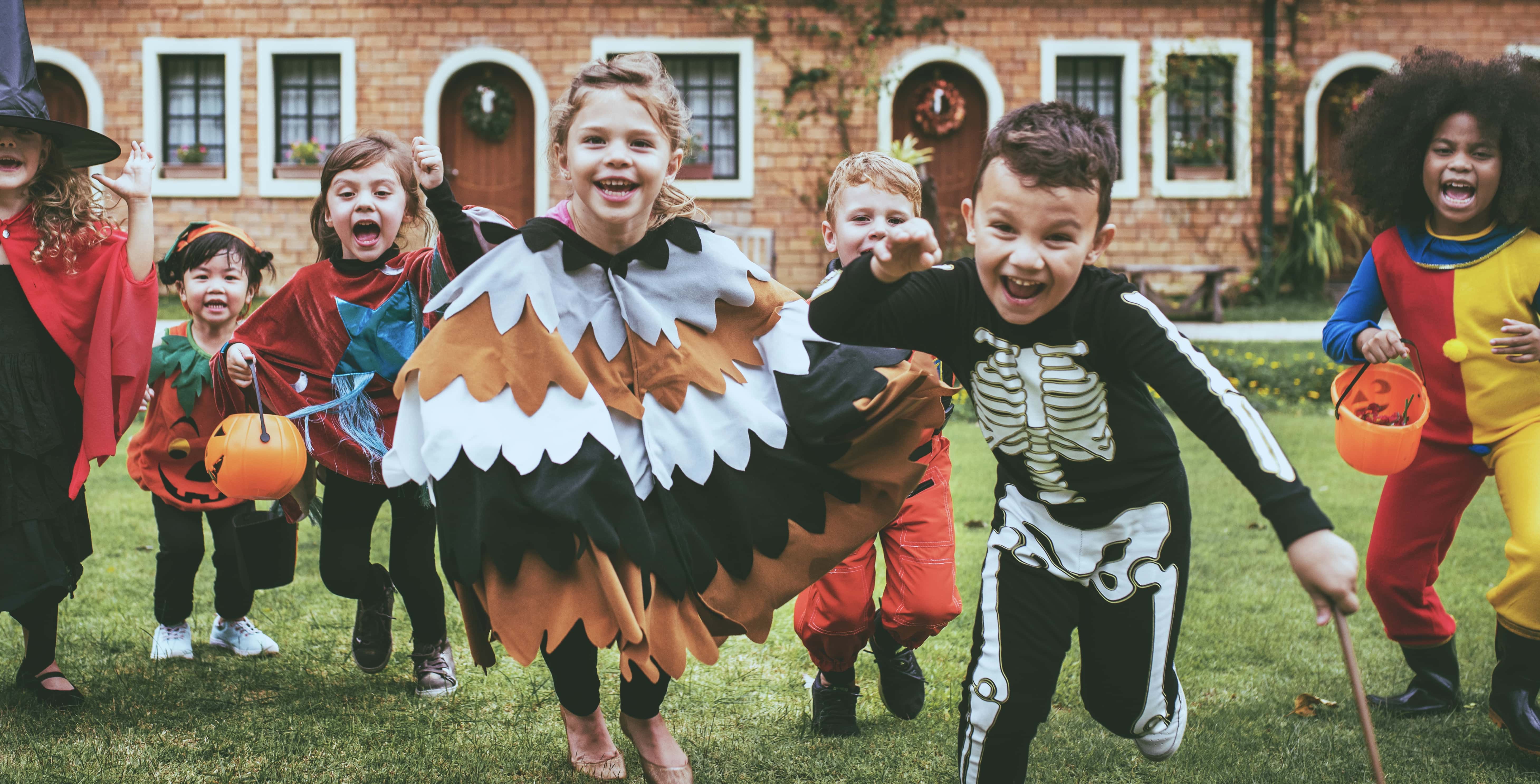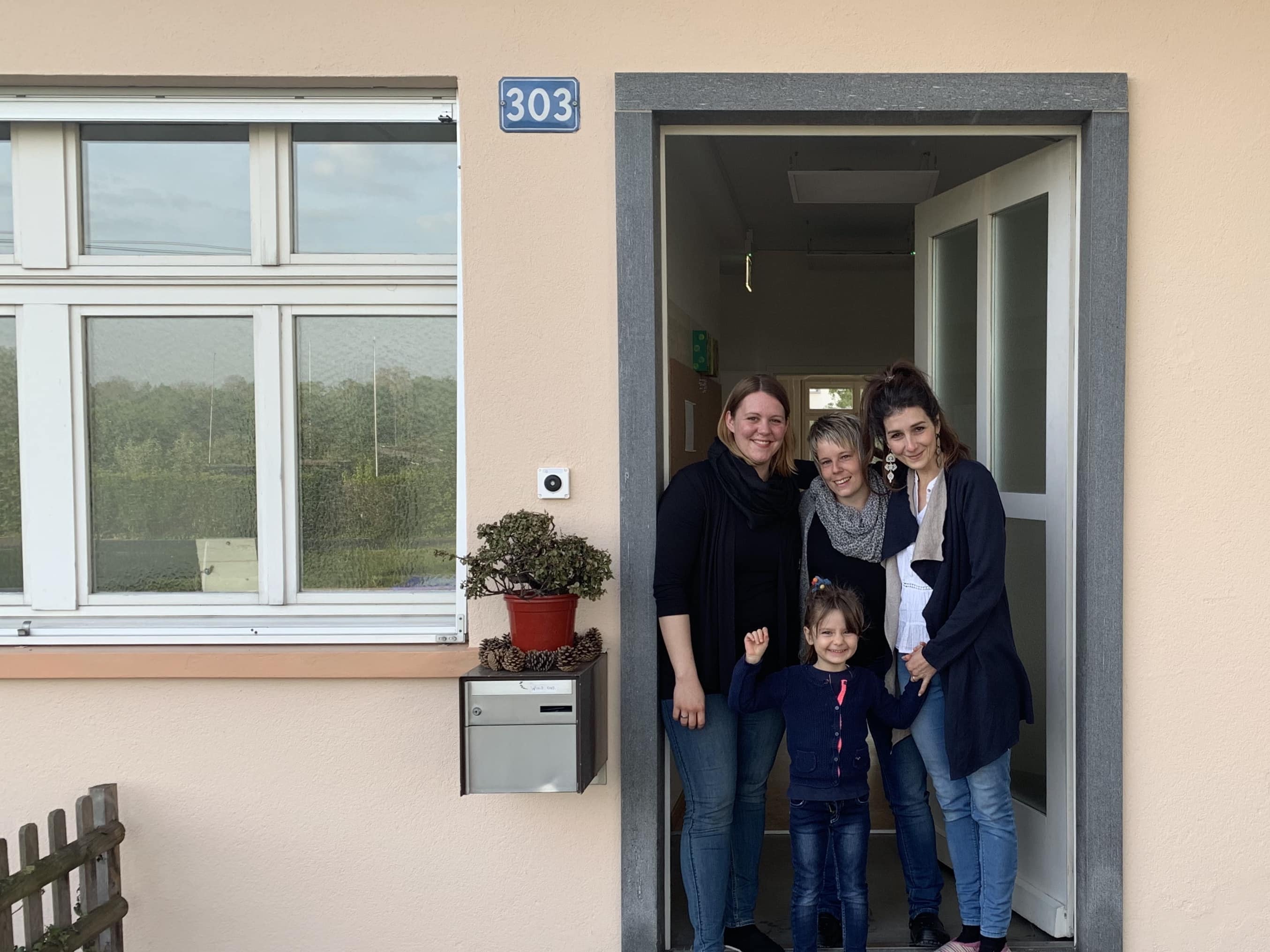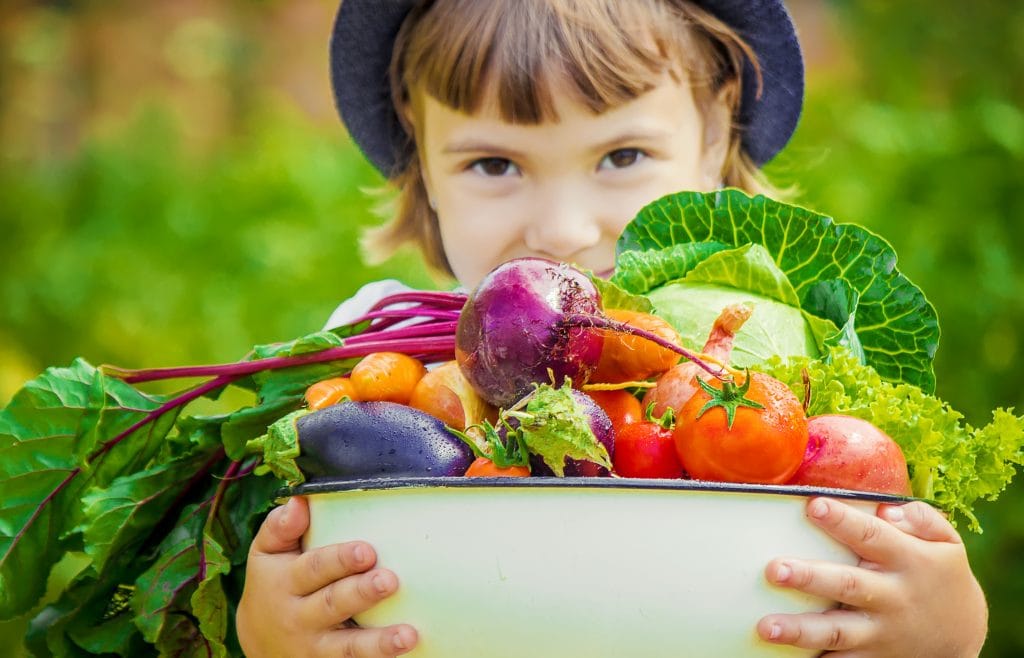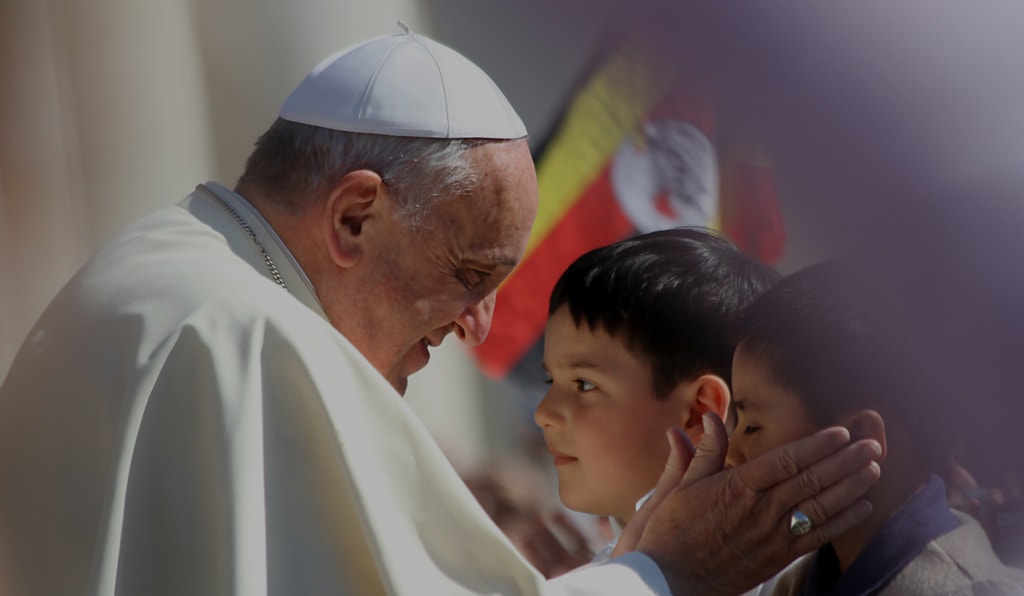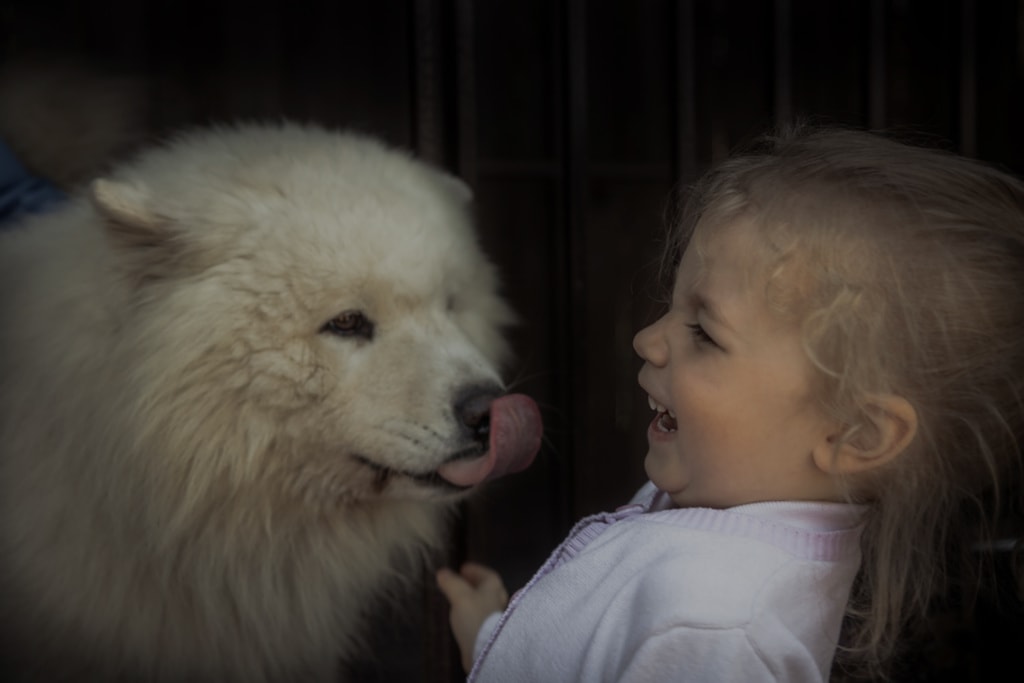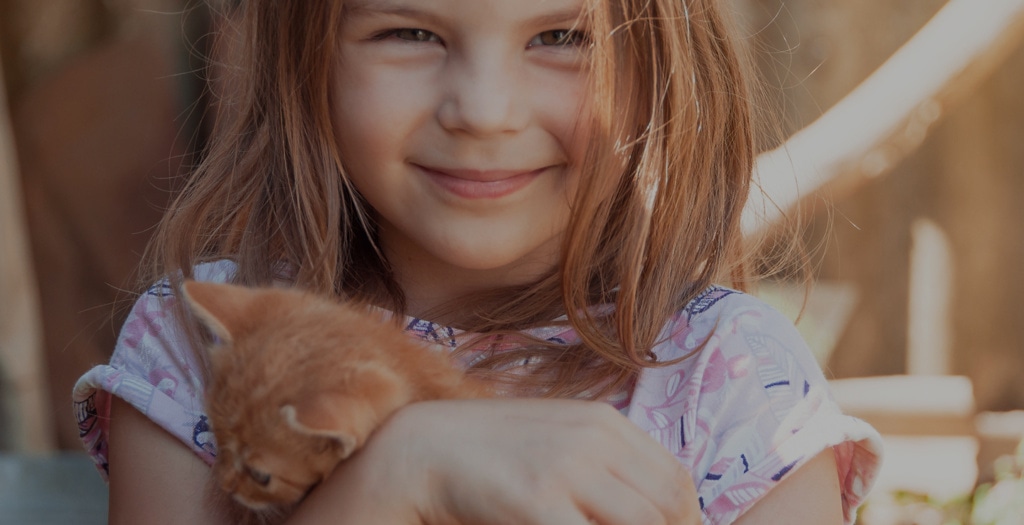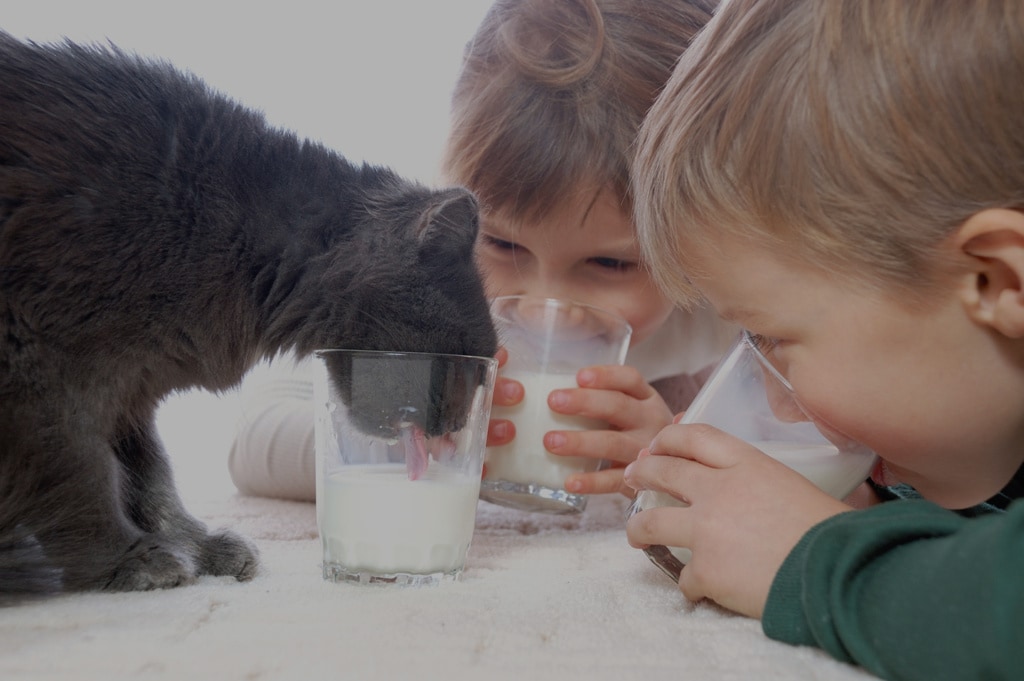We really resonate with, and would like to share, insight into the importance of teaching children kindness, written by Lisa Currie, Ripple Kindness Project.
“Most people have heard the phrase ‘random acts of kindness’, which refers to a selfless act of giving resulting in the happiness of another person. Terms like this are increasing in popularity around the world, as more people identify a deficiency in their lives that can only be fulfilled by altruism.
It seems we just can’t get enough of those addictive feel good emotions and with good reason.
Scientific studies have shown that kindness has a great number of physical and emotional benefits, and that children require a healthy dose of the warm and fuzzies in order to flourish as health, happy, well-rounded individuals.
Patty O’Grady, PhD, is an expert in the area of neuroscience, emotional learning, and positive psychology with special attention to the educational arena. She believes that “kindness changes the brain by the experience of kindness. Children and adolescents do not learn kindness by only thinking about it and talking about it. Kindness is best learned by feeling it so that they can reproduce it. Kindness is an emotion that students feel and empathy is a strength that they share.”
A great number of benefits have been reported to support the theory of teaching kindness in schools.
8 Reasons For Teaching Kindness In School
1. Happy Children
Science explains that the good feelings we experience when being kind are produced by endorphins that activate areas of the brain that are associated with pleasure, social connection and trust, and it’s proven that these feelings of joyfulness are contagious, encouraging more kind behaviour by the giver and recipient.
2. Increased Peer Acceptance
Research on the subject has determined that kindness increases our ability to form meaningful connections with others. Studies show that kind, happy children enjoy greater peer acceptance because they are well-liked and that better than average mental health is reported in classrooms that practice more inclusive behaviour due to an even distribution of popularity.
3. Improved Health and Less Stress
It’s widely documented that being kind can trigger a release of the hormone oxytocin which has a number of physical and mental health benefits as it can significantly increase a person’s level of happiness and reduce stress. More recently though, it’s been found it plays a significant role in the cardiovascular system, helping protect the heart by lowering blood pressure and reducing free radicals and inflammation, which incidentally speed up the aging process.
4. Greater Sense of Belonging and Improved Self Esteem
Studies show that people experience a ‘helpers high’ when they do a good deed, a rush of endorphins that creates a lasting sense of pride, well-being and an enriched sense of belonging. Even small acts of kindness are reported to heighten our sense of well-being, increase energy and give a wonderful feeling of optimism and self worth.
5. Increased Feelings of Gratitude
When children are part of projects that help others less fortunate than themselves, it provides them with a real sense of perspective and helps them appreciate the good things in their own lives.
6. Better Concentration and Improved Results
As it increases serotonin, which plays an important part in learning, memory, mood, sleep, health and digestion, kindness is a key ingredient that helps children feel good. Having a positive outlook allows them greater attentions spans and enables more creative thinking to produce better results at school.
7. Less Bullying
Two Penn State Harrisburg faculty researchers, Shanetia Clark and Barbara Marinak say, “unlike previous generations, today’s adolescents are victimizing each other at alarming rates.” They argue adolescent bullying and youth violence can be confronted through in-school programs that integrate “kindness — the antithesis of victimization.”
Many traditional anti-bullying programs focus on the negative actions that cause children anxiety and often with little impact. Teaching kindness and compassion in schools, not only fosters the positive behaviour that creates warm and inclusive school environments, but helps children feel that they belong. It’s documented that the effects of bullying can be significantly reduced by integrating kindness based programs in schools.
8. Reduced Depression
Dr. Wayne Dyer, internationally renowned author and speaker, says research has discovered that an act of kindness increases levels of serotonin (a natural chemical responsible for improving mood) in the brain. It’s also found that serotonin levels are increased in both the giver and receiver of an act of kindness, as well as anyone who witnesses that kindness, making it a wonderful natural antidepressant.
Conclusion
Maurice Elias, a professor at Rutgers University Psychology Department says that “as a citizen, grandparent, father, and professional, it is clear to me that the mission of schools must include teaching kindness. Without it, communities, families, schools, and classrooms become places of incivility where lasting learning is unlikely to take place.
We need to be prepared to teach kindness, because it can be delayed due to maltreatment early in life. It can be smothered under the weight of poverty, and it can be derailed by victimization later in life. Yet despite these and other travails, the receipt of kindness and the ability to show kindness through service are both growth enhancing and soul cleansing.
Kindness can be taught, and it is a defining aspect of civilized human life. It belongs in every home, school, neighborhood, and society.”
It’s become quite clear that modern education must encompass more than just academics, that in order for children to develop into happy, confident, well-rounded individuals, matters of the heart must be taken seriously and nurtured as a matter of priority.”
Lisa Currie is the founder of Ripple Kindness Project, a community program and school curriculum that aims to improve social, emotional and mental health, and reduce bullying in schools through kindness.

